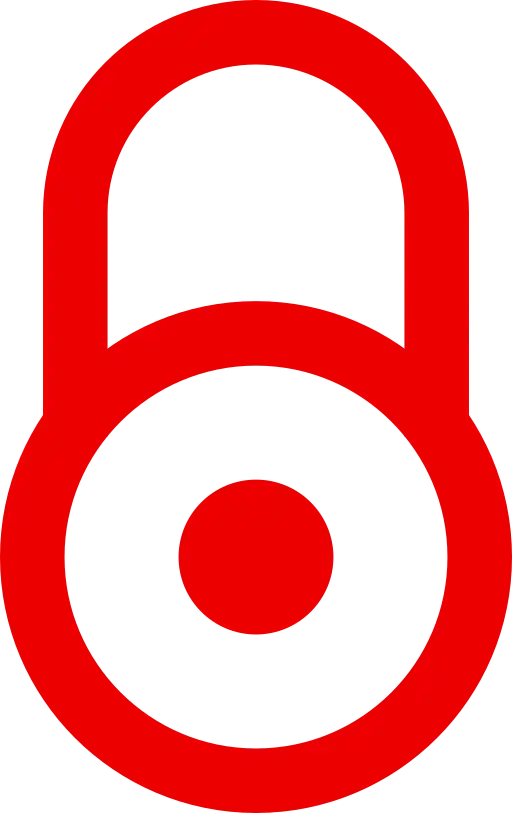love-hate
English
WOTD – 13 February 2021
Etymology
The adjective is a calque of German Liebe-Hass (now more commonly Hassliebe (“love-hate relationship”)),[1] from Liebe (“love; relationship of love”) (ultimately from Proto-Indo-European *lewbʰ- (“to love”)) + Hass (“hate; hatred”) (ultimately from Proto-Indo-European *keh₂d- (“anger; hatred”)).
The verb is derived from the adjective.[2]
Pronunciation
- (Received Pronunciation, General American) IPA(key): /ˌlʌvˈheɪt/
Audio (RP) (file) - Rhymes: -eɪt
Adjective
- (originally psychoanalysis) Of a relationship: involving feelings of both love and hate, often simultaneously.
- 2008, BioWare, Mass Effect, Redwood City: Electronic Arts, →ISBN, →OCLC, PC, scene: Varren Codex entry:
- The krogan have had a love-hate relationship with varren for millennia, alternately fighting them for territory and embracing them as treasured companions.
- 2018 November 14, Jesse Hassenger, “Disney Goes Viral with an Ambitious, Overstuffed Wreck-It Ralph Sequel”, in The A.V. Club, archived from the original on 21 November 2019:
- Still, the movie [Ralph Breaks the Internet] manages to locate some gentle satire in our culture's love-hate relationship with the internet. At one point, Ralph must attain a certain level of viral popularity, assisted by the BuzzFeed-esque content guru Yesss (Taraji P. Henson), and the movie is savvy about how accidental spikes in fame can turn into cynical algorithm manipulation.
-
Derived terms
Translations
Verb
love-hate (third-person singular simple present love-hates, present participle love-hating, simple past and past participle love-hated)
- (transitive) To feel both love and hate (for someone or something), often simultaneously.
Translations
to feel both love and hate (for someone or something), often simultaneously
See also
- love to hate
References
- “love-hate, n.” under “love, n.1”, in OED Online
 , Oxford, Oxfordshire: Oxford University Press, June 2008; “love-hate, adj.”, in Lexico, Dictionary.com; Oxford University Press, 2019–2022.
, Oxford, Oxfordshire: Oxford University Press, June 2008; “love-hate, adj.”, in Lexico, Dictionary.com; Oxford University Press, 2019–2022. - Compare “love-hate, v.” under “love, n.1”, in OED Online
 , Oxford, Oxfordshire: Oxford University Press, June 2008.
, Oxford, Oxfordshire: Oxford University Press, June 2008.
Further reading
 love–hate relationship on Wikipedia.Wikipedia
love–hate relationship on Wikipedia.Wikipedia
This article is issued from Wiktionary. The text is licensed under Creative Commons - Attribution - Sharealike. Additional terms may apply for the media files.